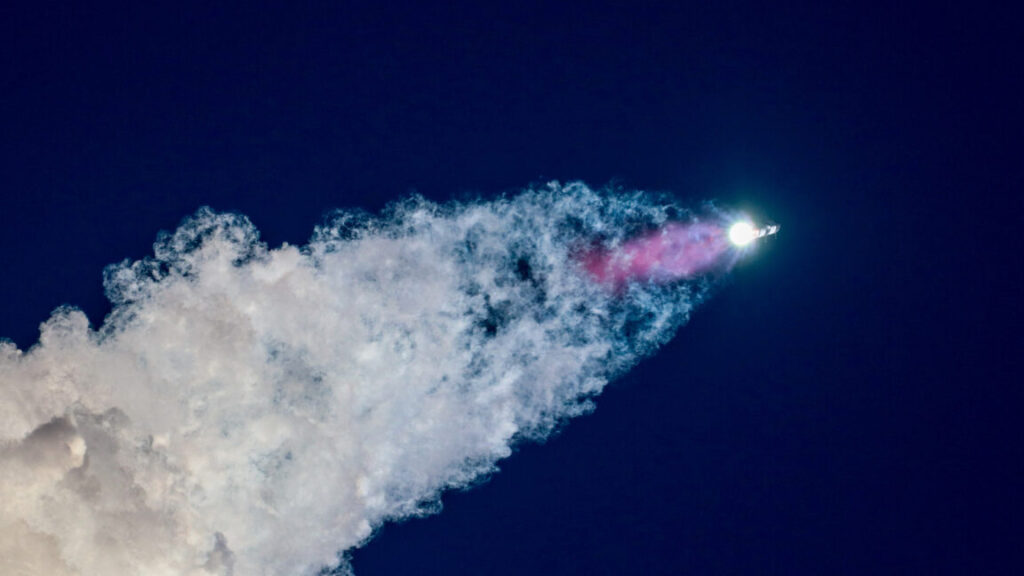Assuming Falcon 9s continue to launch Starlink satellites in 2033, the fees would rise to approximately $56,000 per launch. SpaceX may have switched over all Starlink missions to its giant new Starship rocket by then, in which case the company will likely reach the FAA’s proposed fee cap of $200,000 per launch. SpaceX hopes to launch Starships at lower cost than it currently launches the Falcon 9 rocket, so this proposal would see SpaceX pay a significantly larger fraction of its per-mission costs in the form of FAA fees.
Industry reaction
A senior transportation official in the Biden administration voiced tentative support in 2023 for a fee scheme similar to the one under consideration by the Senate. Michael Huerta, a former FAA administrator during the Obama administration and the first Trump administration, told NPR last year that he supports the idea.
“You have this group of new users that are paying nothing into the system that are an increasing share of the operations,” Huerta said. “I truly believe the current structure isn’t sustainable.”
The Commercial Spaceflight Federation, an industry advocacy group that includes SpaceX and Blue Origin among its membership, signaled last year it was against the idea of creating launch and reentry fees, or taxes, as some industry officials call them. Commercial launch and reentry companies have been excluded from FAA fees to remove regulatory burdens and help the industry grow. The federation told NPR last year that because the commercial space industry requires access to US airspace much less often than the aviation industry, it would not yet be appropriate to have space companies pay into an FAA trust fund.
SpaceX did not respond to questions from Ars on the matter. United Launch Alliance would likely be on the hook to become the second-largest payer of FAA fees, at least over the next couple of years, with numerous missions in its backlog to launch massive stacks of Internet satellites for Amazon’s Project Kuiper network from Cape Canaveral Space Force Station in Florida.
A ULA spokesperson told Ars the company is still reviewing and assessing the Senate Commerce Committee’s proposal. “In general, we are supportive of fees that are affordable, do not disadvantage US companies against their foreign counterparts, are fair, equitable, and are used to directly improve the shared infrastructure at the Cape and other spaceports,” the spokesperson said.


